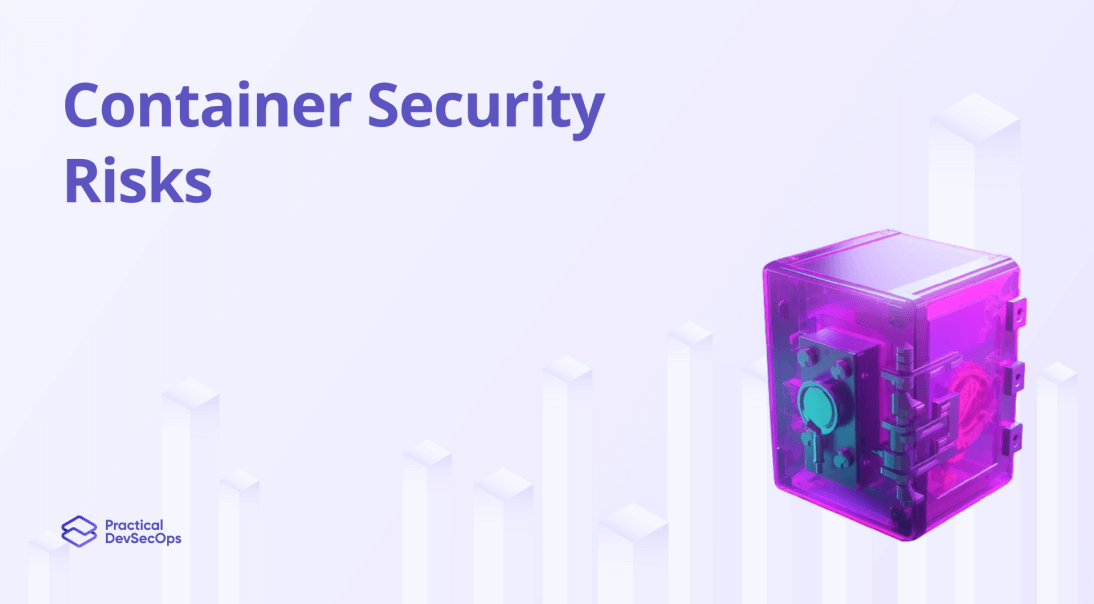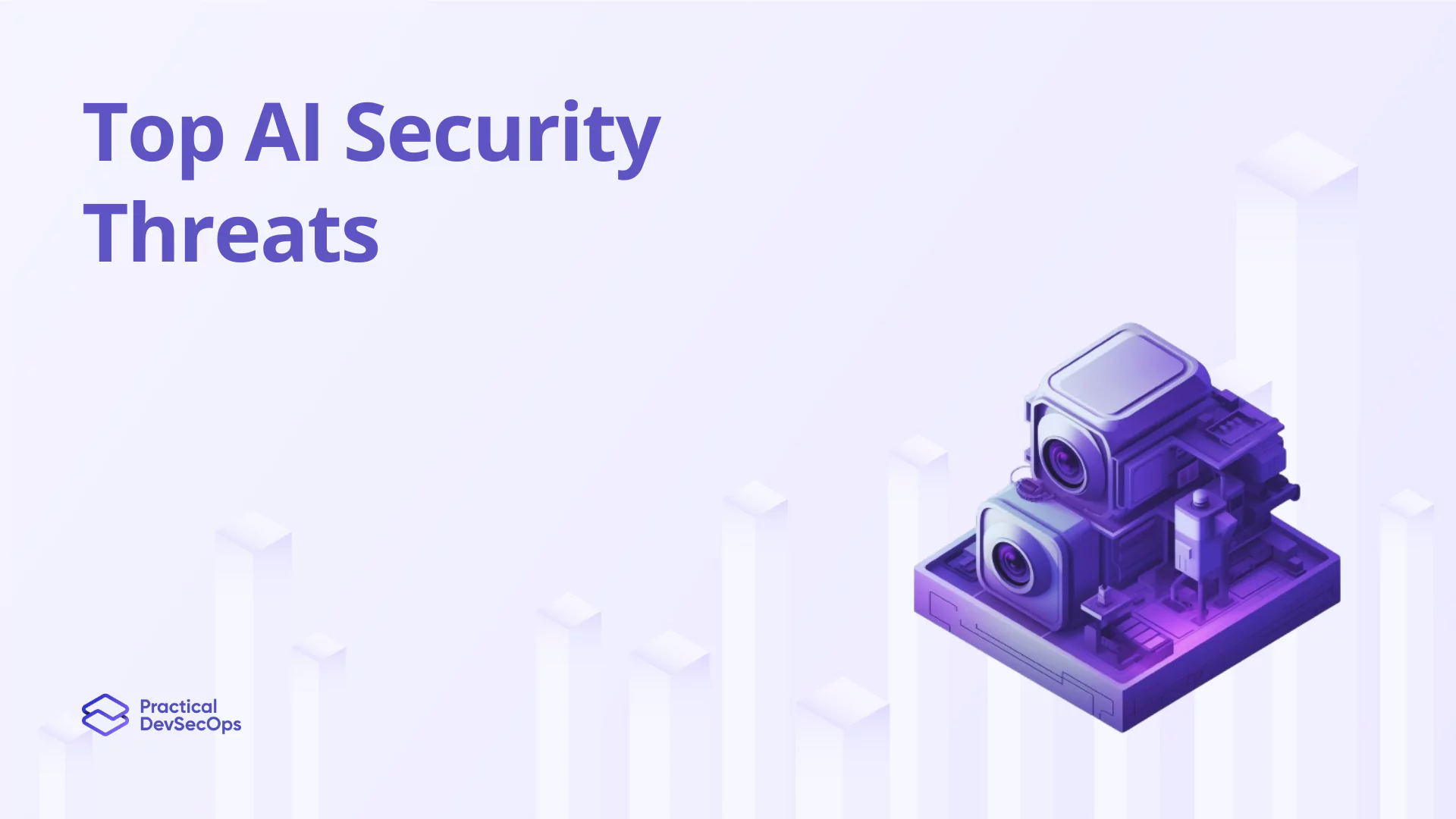Containers have revolutionized software development and deployment by providing a lightweight, scalable, and isolated environment. However, they also bring unique security challenges that organizations must address. In this article, we will discuss the top 10 container security risks that need to be considered in order to protect containerized environments.
1. Insecure Container Images
- Image Vulnerabilities: Using container images with known vulnerabilities can expose the entire infrastructure to attacks. Regularly scan container images for vulnerabilities and keep them up to date.
2. Misconfigured Container Runtimes
- Inadequate Isolation: Misconfigurations in container runtimes can weaken isolation between containers, allowing unauthorized access and lateral movement. Configure runtimes securely to avoid such risks.
3. Weak or Outdated Container Dependencies
- Outdated Libraries and Frameworks: Containers often include dependencies such as libraries and frameworks. These can contain security vulnerabilities. Regularly update and patch dependencies to mitigate risks.
4. Insecure API Interfaces
- Exposed APIs: Insecurely exposed container APIs open opportunities for unauthorized access and potential exploitation. Properly secure and authenticate API interfaces to prevent unauthorized access.
5. Insider Threats
- Unsecured Access Controls: Weak access controls within containerized environments can facilitate insider threats. Limit and monitor privileged access to containers to mitigate this risk.
Also Read, Best Container Certifications
6. Data Breaches and Leakage
- Unprotected Secrets and Sensitive Data: Storing sensitive data or secrets within containers without adequate protection can lead to data breaches or unauthorized access. Implement strong encryption and secure storage of sensitive information.
7. Container Breakouts
- Kernel Vulnerabilities and Exploits: Container breakouts exploit vulnerabilities in the underlying host operating system or kernel. Regularly patch and update the host system to mitigate this risk.
8. Insecure Container Registries
- Untrusted Registries: Using untrusted container registries can introduce malicious or tampered images into the environment. Trust only reputable registries and validate the images before deployment.
Also Read, Container Security Books
9. Persistent Storage Risks
- Unsecured Persistent Storage: Data stored persistently within containers should be properly encrypted and protected to prevent unauthorized access or tampering.
10. Lack of Security Monitoring and Logging
- Insufficient Visibility: Failing to monitor and log container activities makes it challenging to identify and respond to security incidents. Implement comprehensive logging and real-time monitoring to detect and mitigate threats.
Also Read, Container Security Best Practices
Conclusion
Addressing these container security risks is crucial for maintaining the integrity and security of containerized environments. Adopting a holistic security approach that includes vulnerability scanning, secure configurations, access controls, encryption, monitoring, and regular updates can effectively mitigate these risks.
Interested in Container Security?
Feel free to refer to the following links to learn more about securing containers:
Lesson 1: Understand Docker From a Security Perspective
Lesson 2: Docker Images, Docker Layers, and Registry
Lesson 3: Container Reconnaissance Techniques for BeginnersLesson 4: Hacking Containers like a Boss
Lesson 4: Hacking Containers Like a Boss
Lesson 5: Hacking Containers Like a Boss, Part 2
Lesson 6: Defending Container Infrastructure






0 Comments